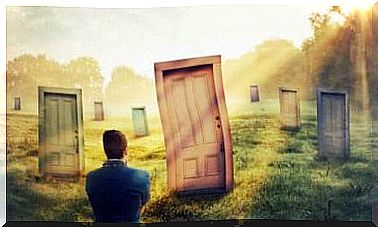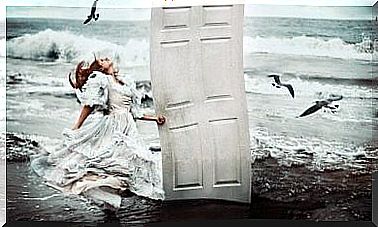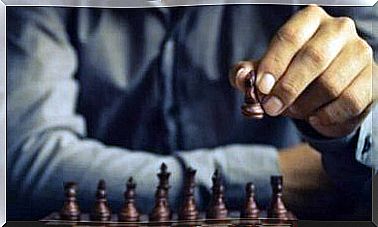A Toxic Relationship Between Parents Affects The Children
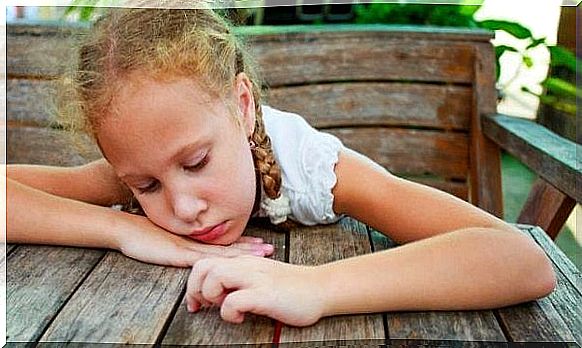
Anyone who abuses his partner psychologically, anyone who abuses his partner, looks down on his partner, humiliates his partner and completely destroys his or her self-confidence, is guilty of indirect abuse. Indirectly, but no less terrible for their children. For continuously witnessing a toxic relationship between parents makes children the primary victims, the sad custodians of an emotional legacy marked by sometimes irreversible consequences.
According to the World Health Organization (WHO) and the World Economic Forum (WEF) , mental illness is the number one cause that keeps people out of work.
You may not have been aware that a significant number of these disorders have their origin in a toxic or abusive relationship and the psychological traces that these types of relationships leave behind. Indicators such as post-traumatic stress disorder, depression, anxiety disorders, chronic pain, asthma and even diabetes are silent but clear signs of this type of dysfunctional relationship.
Social and health institutions emphasize the need to ‘train’ victims of this type of physical or psychological domestic violence and not to stigmatize them. When we say “training,” we’re talking about giving these people adequate resources and confrontation strategies , so that they can regain their real worth both psychologically and emotionally, and then go back to their normal lives. life.
However, something we often ignore, forget or overlook is the children. Children who witnessed these harmful dynamics, these completely toxic environments from a very young age.
These kids have quietly internalized every part of it. They have internalized every gesture made, every word uttered and every tear shed in their susceptible, innocent minds. All of this often happens while people are well aware of the impact this can have on their lives and the days to come.
For we cannot forget that the circle of violence is like a snake eating its own tail. The same things are repeated, again and again, the same dynamics. Perhaps these children who have witnessed a toxic relationship today will become new victims or abusers tomorrow.
Witnessing a toxic relationship also makes us victims
“No, I’ve never lifted a finger at my children or my partner.” Unfortunately, you hear such a response very often among abusers or perpetrators of this type of psychological abuse that leaves no trace, no bruises to serve as evidence of the beatings, the violation, the damage done in the intimacy of the home.
But the fact is, there are no beatings or any visible bruising, which actually complicates the situation even more. In these cases , the victims find it difficult to see it as abuse. They tend to blame themselves.
And that guilt or responsibility does not only grow in the victim. It also grows in the child. As the ever-present witness, the child usually also experiences the same feeling. Because the child is just one more passenger on this train full of pain, on these rails that take everyone to the same place.
We should not forget that, as Piaget explained in his theory of children’s cognitive development, children between the ages of two and seven have an egocentric focus in which the world revolves around them. And for this reason, the child will think that his father’s or mother’s pain, along with all the screaming or arguing, is because he has done something wrong.
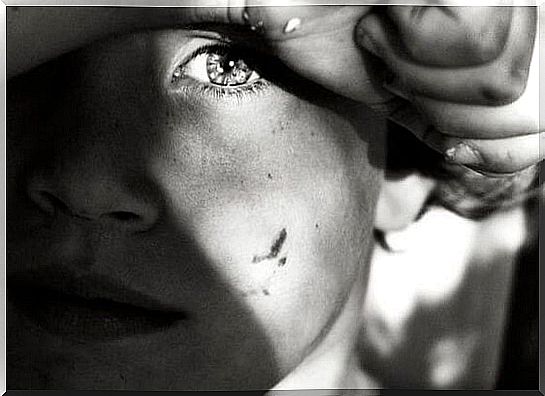
As a result, and it is important that we bear this in mind, we can say that every toxic relationship between parents has victims at its core. It doesn’t matter whether they stood behind the door and saw nothing, or whether they can’t yet walk, read, cycle, or name the constellations they can see appearing through their window in the sky every night.
Children listen and feel, they interpret the world in their own way, and as a result , few things can be more destructive to their childhood than growing up in an environment with such a neurotic, destructive emotional background.
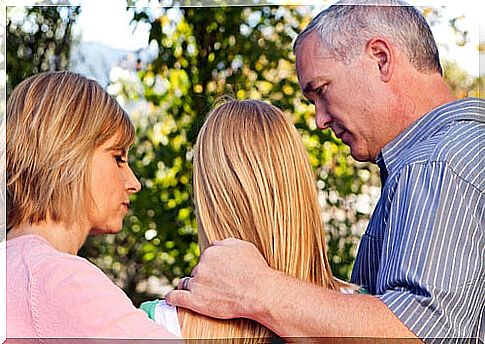
Surviving the Toxic Relationship Between Parents
Occasionally, both members of the relationship contribute to the toxic relationship. There are people who are unable to build a stable psychological and emotional environment. They are characterized by that back-and-forth in which affection and aggression, closeness and cruelty create an extremely dysfunctional situation for them and especially for the children involved.
Violent relationships come in all shapes and sizes. They exist in all socio-economic classes. But the real victims of these emotional labyrinths are the children. Because building your own identity in a context marked by abuse is often how a cycle of violence begins. We should not forget that people often repeat the psychological patterns and behaviors that they are used to.
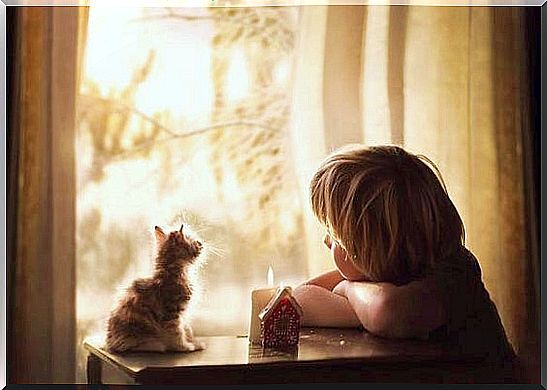
And so, far from surviving the toxic relationship between parents, everything we mentioned above means (perhaps) that the children become new victims or perpetrators themselves because they internalized the same emotional language. To counteract this effect and break the cycle of abuse, we need the right tools. Children who have witnessed these dynamics need help, probably therapy. The parents too.
Because if there’s one thing every child deserves, it’s the chance to live in a non-violent environment. They deserve to be taught to live life well. They should be raised with consistency and respect. And above all, they deserve a wonderful relationship with parents who are able to love.
